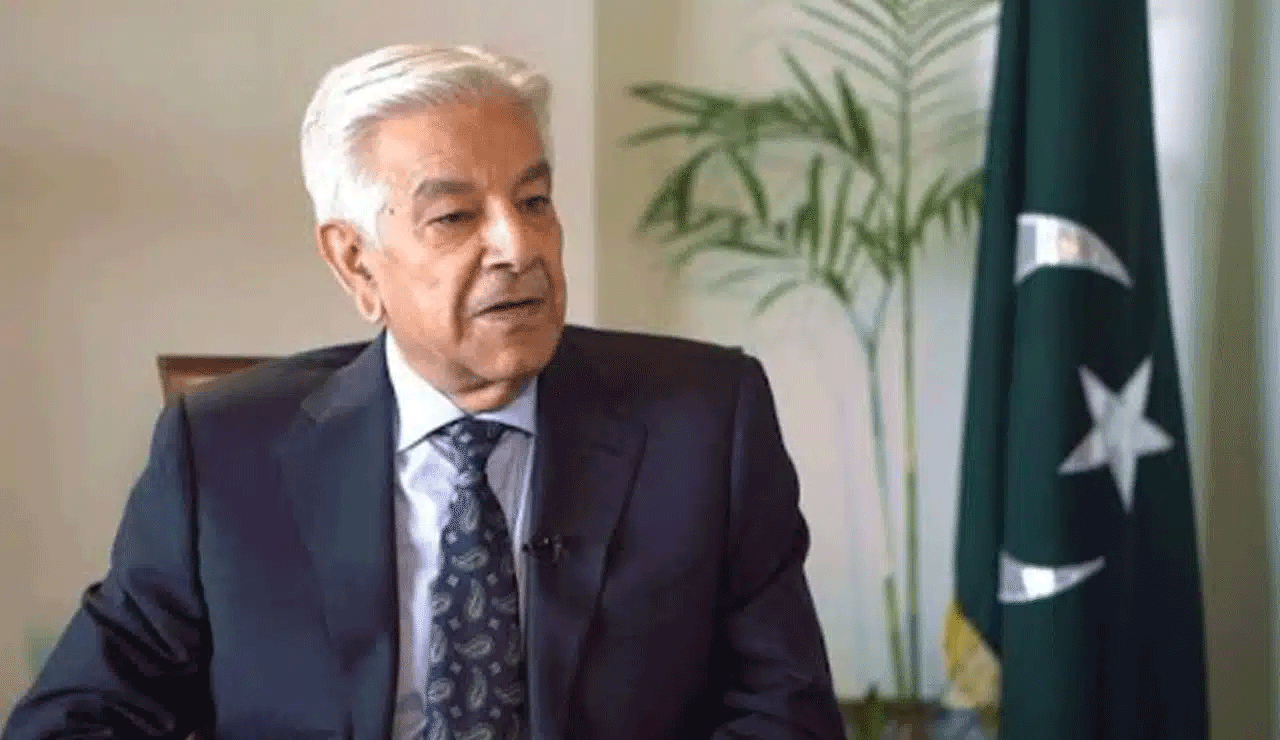Pakistan Threatens to Destroy Indian Water Projects Amid Indus Treaty Tensions
Pakistan's Defence Minister Khawaja Asif has issued a stern threat to India, declaring that any attempt to divert Pakistan's share of water under the Indus Waters Treaty would be met with the destruction of related infrastructure.

Pakistan’s Defence Minister Khawaja Asif has issued a stern threat to India, declaring that any attempt to divert Pakistan’s share of water under the Indus Waters Treaty would be met with the destruction of related infrastructure. This bold statement comes in the aftermath of the Pahalgam terror attack, which claimed the lives of 26 people and significantly escalated tensions between the two nuclear-armed neighbours.
Table of Contents
Indus Waters Treaty at the Center of the Dispute
The Indus Waters Treaty, signed in 1960, is a long-standing water-sharing agreement between India and Pakistan. The treaty governs the distribution of water from the Indus River system, which is vital to Pakistan’s agriculture—supplying nearly 80% of its irrigated land.
Also Read: 8th Pay Commission Incoming: Central Govt Set to Announce Big Salary Boost!
Recently, India suspended the treaty, triggering sharp criticism from Pakistan. In response, Asif reiterated that any attempt by India to alter water flow would be treated as an act of aggression. “If they even construct a structure to divert water, we will destroy it,” he warned in a televised interview.
Military Preparedness and Diplomatic Concerns
Asif stated that Pakistan’s armed forces are fully prepared to protect national interests and would respond decisively if provoked. He accused India of trying to “weaponize water” and claimed that such moves are a direct threat to Pakistan’s sovereignty.
Global Community Urged to Intervene
The escalating war of words has prompted concern from the international community, with diplomatic voices urging both nations to exercise restraint and pursue dialogue. Analysts warn that the combination of national security threats and resource conflicts could destabilize the region if not addressed promptly.
